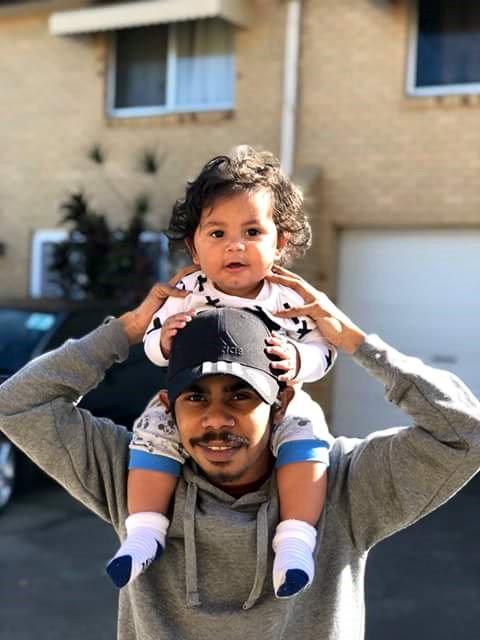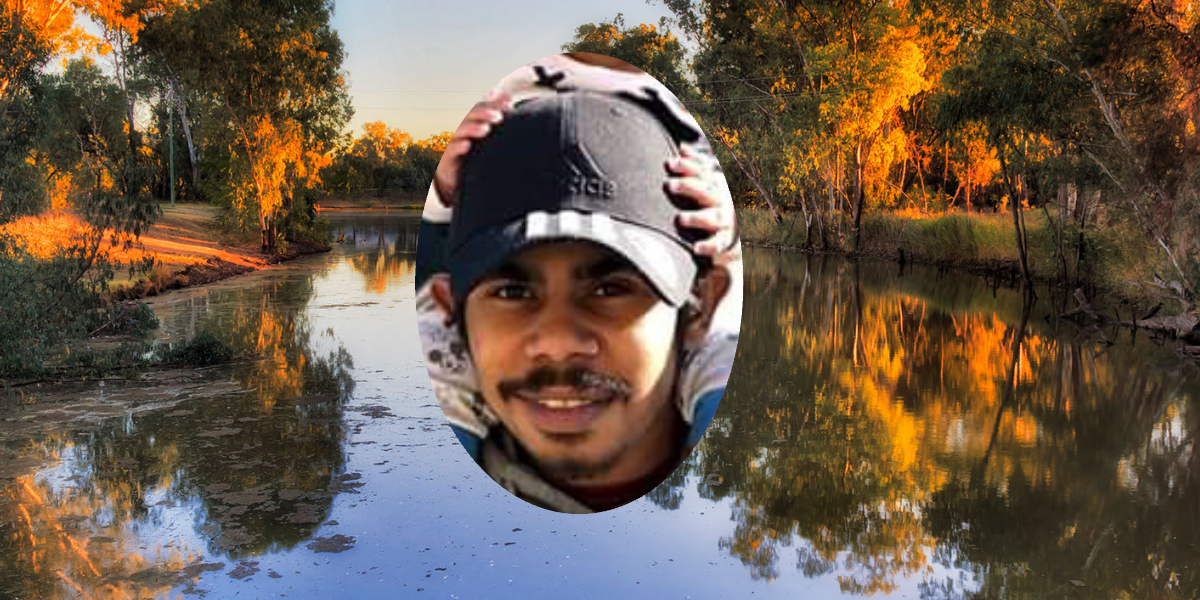A coroner investigating the death of an Aboriginal man who was trying to evade police near Moree, has recommended the NSW Police review its training in the history of First Nations peoples.
Gordon Copeland drowned after falling into the Gwydir River in the early hours of 10 July 2021, when he was trying to run from officers who had been following him and two friends in a car, on the suspicion it had been stolen.

The inquest heard the 22-year-old slipped down the bank of the river and was heard groaning just moments later. Police spent just 10 minutes searching the riverbank for Mr Copeland after he fell.
In delivering her findings, State Coroner, Magistrate Teresa O’Sullivan said the initial search by officers was a ‘far too short a period of time.’
“Police were too focused on the idea of catching someone who had fled from police, rather doing a risk analysis to work out whether that person was in danger,” Magistrate O’Sullivan said.
The inquest was told two police officers returned to the site more than an hour later and heard what was described as a deep groan close to the river and saw a man in the water sparking a second search. But it was called off later that day when Police believed all occupants in the car had been accounted for.
While handing down her findings, Magistrate O’Sullivan criticised Police for the way Mr Copeland’s family was treated when they reported him missing in the days after his death.
“It is completely inappropriate that the Copeland family did not get more urgent help and more respect when they went to the police station to report Gordon missing in these circumstances,” she said.
She acknowledged the family’s efforts to find Mr Copeland, searching the riverbank daily after he went missing. His body was found three months after he disappeared 400 metres downstream from where he first entered the water, after pressure from his family on police to keep searching.
Magistrate O’Sullivan made six recommendations including training for Moree Police in relation to the history of First Nations people and the ongoing impact of colonisation on Indigenous people.
She also recommended new training for New South Wales Police officers on trauma informed communication with families, particularly First Nations families concerned about missing persons.
“I hope that the lessons learnt here will inspire more efforts to listen deeply to First Nations families and to resolve to learn from the mistakes that happen when we don’t.”
Like what you’re reading? Support The New England Times by making a small donation today and help us keep delivering local news paywall-free. Donate now

